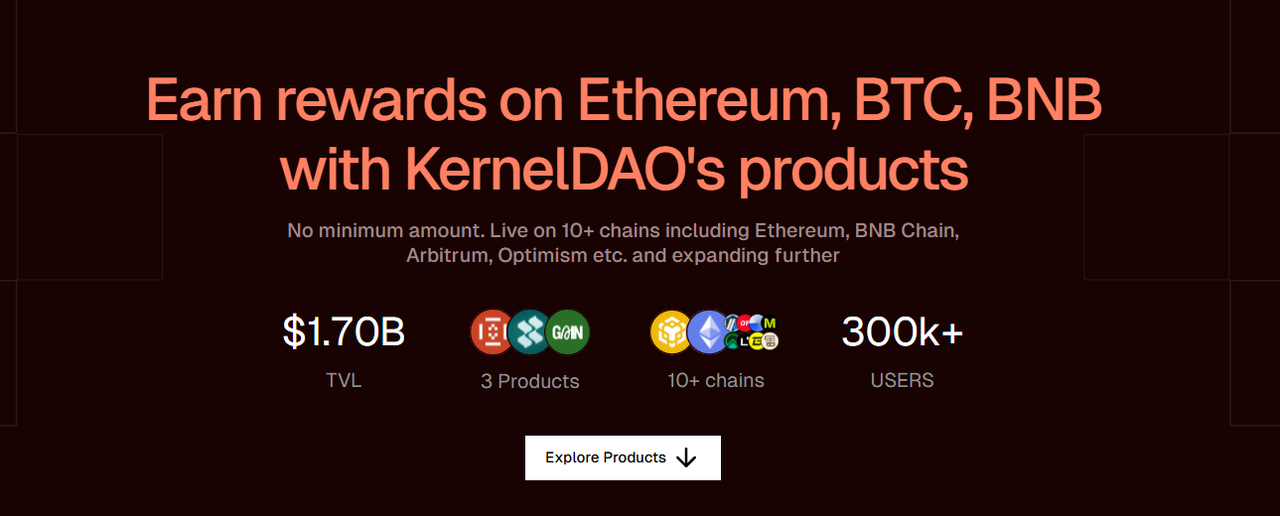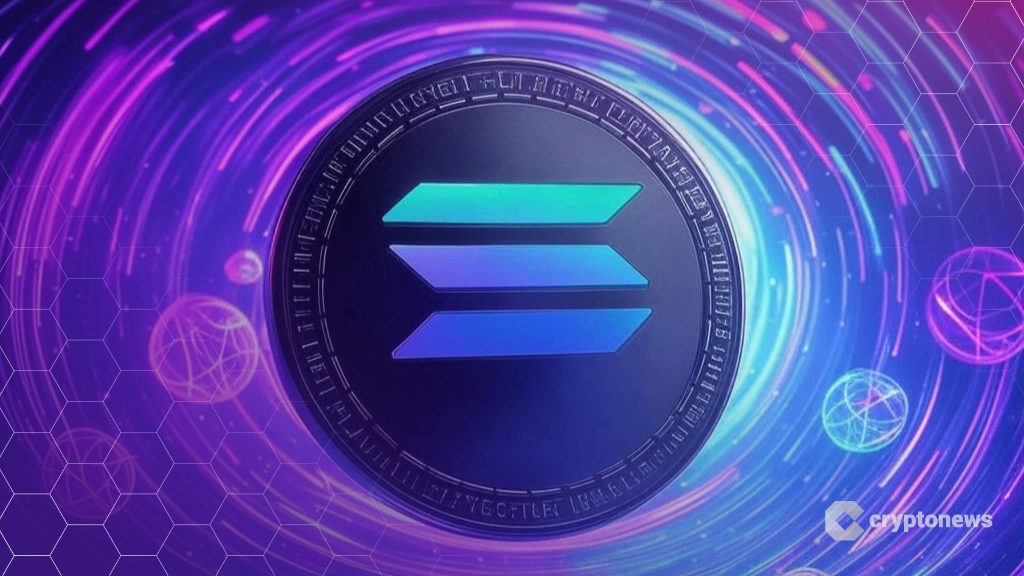Jito unveils code for Solana restaking network
Solana’s biggest liquid staking provider takes a meaningful step towards restaking
Solana’s biggest liquid staking project is taking the plunge into restaking.
Earlier today, the Jito Foundation announced in a blog post that it had released the code for Jito restaking. This move places the Jito Foundation ahead in the race to build restaking on Solana, as the network’s fast and low-cost DeFi ecosystem continues to expand.
Restaking refers to using staked crypto to secure other blockchain apps and services, theoretically extending the security of the blockchain’s base layer. In theory, this should put unproductive staked assets to use and make proof-of-stake systems more efficient.
Read more: Lightspeed Newsletter: Solana’s DeFi activity keeps expanding
Eigen Labs pioneered the concept on Ethereum with EigenLayer, which has drawn billions in deposits on top of a $100 million investment from a16z.
Restaking is yet to go live on Solana, though Jito releasing its codebase represents a noteworthy step forward. One major competitor is Solayer, which has drawn significant interest during the brief periods where it has accepted deposits. Solayer’s GitHub doesn’t contain code for its restaking product.
Jito’s restaking pivot pairs one of the Solana ecosystem’s most notable pillars with one of crypto’s buzziest narratives. Jito runs a fork of the original Solana Labs validator client with some modifications to allow for maximal extractible value ( MEV ). This MEV can be quite lucrative for validators running the Jito-Solana client. Earlier today, one validator earned a $311,000 tip on a transaction, Jito co-founder Lucas Bruder said on X.
Read more: MEV collected by validators is now higher on Solana than on Ethereum
Users who stake their Solana tokens with Jito’s liquid staking pool can receive liquid JitoSOL. This pool is the network’s largest by a wide margin, and JitoSOL can be used elsewhere in DeFi while also earning staking and MEV rewards. Since launching in November 2022, JitoSOL has become Solana’s dominant liquid staking token, comprising roughly 45% of all liquid staking tokens on the network. (Of note, only about 6% of all staked SOL is held in liquid staking tokens.)
Jito’s restaking product, as detailed in a Thursday blog post , uses similar nomenclature to EigenLayer . Node operators can enable stakers to restake their assets, which are used to secure actively validated services (AVSs). Nodes that misbehave can be slashed.
One notable difference is that Jito Restaking can accept any token using the Solana SPL token standard, whereas EigenLayer only takes EIGEN and staked or liquid staked ether.
Start your day with top crypto insights from David Canellis and Katherine Ross. Subscribe to the Empire newsletter .
Explore the growing intersection between crypto, macroeconomics, policy and finance with Ben Strack, Casey Wagner and Felix Jauvin. Subscribe to the On the Margin newsletter .
The Lightspeed newsletter is all things Solana, in your inbox, every day. Subscribe to daily Solana news from Jack Kubinec and Jeff Albus.
- EigenLayer
- liquid staking
- Solana
- staking
Disclaimer: The content of this article solely reflects the author's opinion and does not represent the platform in any capacity. This article is not intended to serve as a reference for making investment decisions.
You may also like
Research Report | PAWS Project Overview & Market Value Analysis


Market Structure Legislation Will Boost Bitcoin: Satoshi Act Co-Founder Dennis
With market structure legislation picking up steam, states and global players are discreetly preparing for a future that incorporates Bitcoin, identifying a major shift in policy and investment trends.

SOL Strategies and Pudgy Penguins Launch PENGU Validator on Solana Network
SOL Strategies and Pudgy Penguins team up to launch a dedicated Solana validator, blending NFT culture with institutional-grade staking infrastructure.

